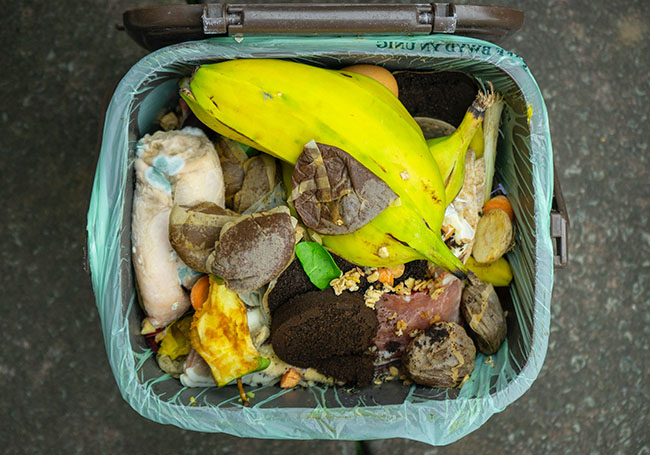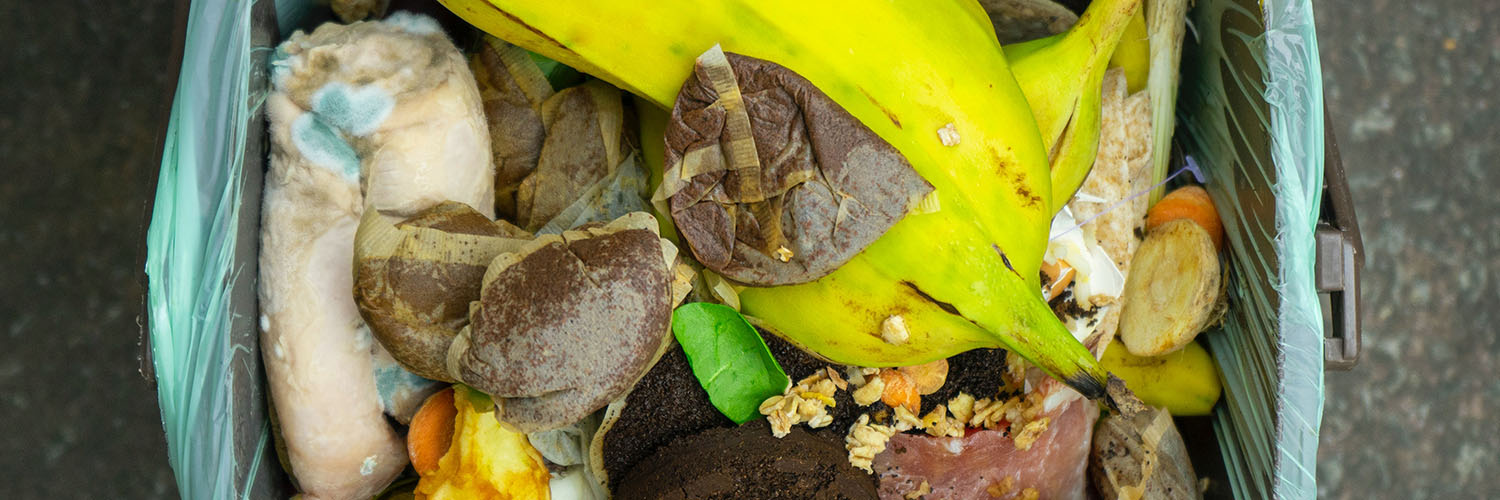
Food wastage in Malaysia is rising, with reports stating that ten per cent of the garbage thrown out is edible food.
Malaysians dumped 4,046 tonnes of edible food daily. This amount can feed 3 million people with three meals a day. And it’s enough to fill up up 11/2 Olympic-sized swimming pools.
Based on this, the Consumer Association of Penang (CAP) calls on the authorities to devise urgent solutions to tackle this issue.
Furthermore, food wastage impacts people, where hundreds of millions now have no food to eat daily.
The World Food Programme (WFP) recently warned that 828 million people go hungry every night.
The number of those facing acute food insecurity has soared — from 135 million to 345 million — since 2019.

According to the United Nations report, 50 million people in 45 countries are teetering over famine.
Some of the world’s developing nations, in Africa and Asia, are heading towards mass hunger and starvation.
Landfill operator SWCorp Malaysia said Malaysians generated 17,007 tonnes of food waste per day in 2021.
“Most (76%) were inedible like bones and fruit skin, while the remaining 24% are leftover meat and vegetables,” said the SW Corp.
Moreover, food wastage also entails high costs of disposal.
The cost to dispose of food wasted by each Malaysian household comes to about RM210 a month, or RM2,600 a year.

CAP feels it is unjustifiable for so much food to be thrown away during widespread world famine and growing food insecurity.
And, it’s an especially shameful practice when high living costs are gripping the nation.
Furthermore, the escalating food prices force some university students to eat one meal daily.
Some fast and survive on a loaf of bread for two days.
Thus, CAP calls for temporary measures and stern action to curtail this unhealthy practice.
The authorities should:
- Organise campaigns on zero food waste for the public and food retailers. The government should also implement this initiative in schools to instil awareness in the young.
- Introduce regulations to penalise restaurants and eateries that waste food.
- Establish portion control guidelines for foods served in official public and private functions.
What the public can do:
- Don’t buy more food than you need, let fruits and vegetables spoil at home, or take larger portions than you can eat.
- Put leftovers and food waste to good use. Freeze leftovers as an ingredient in another meal. Compost food
- Scraps – this gives nutrients back to the soil and reduces your carbon footprint.
- Don’t throw away bruised fruits and vegetables; find ways to use them. (e.g., for juices and desserts).
- Donate or share foods that are in excess.
- Store food to prevent spoilage.
- Take smaller portions at home and share large dishes when eating out.











